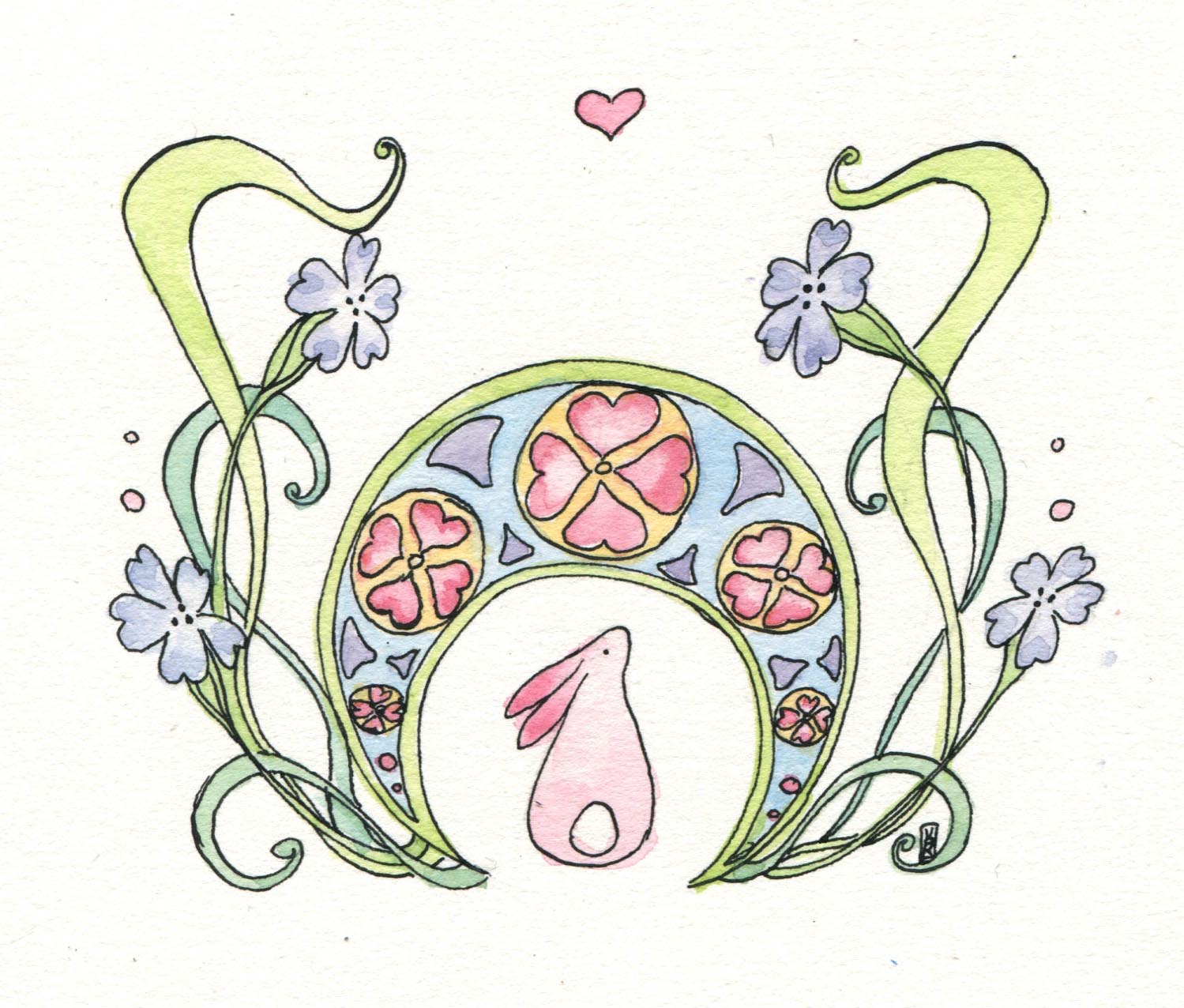The Myth of the Starving Artist
Of all urban legends, from Bigfoot to Nessie, the myth starving artist has to be one of the saddest and, at the same time, one of the most widely propagated. In fact, one of the most common responses when I tell people that I make my living as an illustrator is "you can do that?" It amazes me how many people still believe that art is not a viable career, and worse still is when this belief is instilled in creative children. I was lucky enough to come from a very creative and supportive family, who have encouraged my artistic ambitions from a young age, but many young people do not have this luxury. Instead, they are told that to survive, they must pursue a career in something "practical:" business, medicine, law, etc., and while these are all necessary and noble pursuits, they are by no means the end-all-be-all of success.
First, there needs to be some groundwork laid for the definition of success. Obviously, everyone has their own idea of what it means to be successful. For some, it's driving a sports car and having a designer handbag. For others, it's being able to buy groceries that week. Personally, success means doing work that I believe in that is of some benefit to others. I feel successful in that I am able to do what I love every day, and that maybe one of my books will bring a child joy or instill in them a love of reading. I am by no means rich, but I also firmly believe that work and money are not everything in life, not even close. (That said, I would surely not mind being financially successful, just in case anyone was wondering.)
So even though art may not bring me Scrooge McDuck-ian amounts of money, it does provide for me. Something that most people don't realize is that almost every industry employs artists/creatives in some way, shape, or form. For example, my day job is illustrating and designing the children's and nursery fabrics that you find in Hobby Lobby, Jo-Ann's, Hancock, etc. Every piece of fabric in the clothes you wear was designed by someone, was overseen by an art director, and worked on by multiple designers and colorists. So to those that say "you'll never be able to find a job in art," I say that you'd live in a very boring and bland world without us!
That said, you have to be willing to be flexible. And while, yes, touching your toes is a wonderful accomplishment, it's not exactly the most impressive interview skill. To work in art usually means being willing to do a little bit of anything and everything, moving outside your comfort zone. For me, that meant learning how to use Adobe Illustrator, work in vectors, and learn the ins and outs of commercial design. For some people, being flexible means designing cool coffee tables instead of giant robots. But just because that's what you do now doesn't mean that's what you'll do forever (unless you want to, of course). Plus, no matter what you do for work, you'll always have your free time to work on your own art and projects. I hear a lot of young artists say that they won't do something because it's not "their style," or "it's not what they do" and while I appreciate the importance of artistic integrity, I also feel like that sort of attitude is really just shooting yourself in the foot. Who knows what you'll learn from doing new things and working in completely different mediums? Maybe you'll gain a new perspective that will help in your own work. Maybe you'll make important professional connections or friendships. I believe that we can never learn too much and that no experience is wasted.
"But, Kelsey, I don't know how to find jobs in art!" you say. Which is a valid point. If you plug the word "designer" into job search engines, it will pull up everything from customer service positions to web designers. For me, the key was going to art school. Going to SCAD for my master's put me in touch with a huge wealth of resources, from their job portal to career services to in-person events. It gave me the opportunity to connect and network with a wide range of industry professionals in my field, which, in turn, has led to jobs and books. Which is one of the main reasons I chose to go to art school, simply for the massive professional network it put me in contact with and resources it gave me access to. But I'll write more on that later.
My point, quite simply, is that you can absolutely make a living with art. If you're willing to put in the hard work, research, and flexibility required, you will never be a starving artist.

